SAP Security Training | A Guide to SAP Security Course
Welcome, and thank you for stopping by my blog!
Here, you’ll find everything related to SAP Security Training.
Organizations must provide Sap security training in order to guarantee the secure and safe administration of their SAP systems.
Through this training, staff members are better equipped to recognize possible security threats, safeguard confidential information, and stop illegal access.
Organizations can reduce the risk of cyberattacks and guarantee the integrity and confidentiality of their systems by providing adequate SAP security training.
Introduction to SAP Security
SAP security restricts user access to certain administrative areas as part of its operation, so users only gain entry when needed.
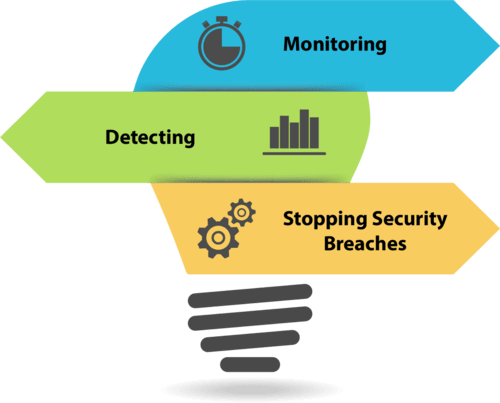
In addition, rules are in place that assist in Monitoring, Detecting, and Stopping Security Breaches in data systems.
User management involves controlling who and what can access a system. Privileges may be granted or removed using authorization management based on specific user roles or accounts, data audit recording assists organizations by keeping an eye on activity to detect any malicious behaviors or attempts to access data attempts that might take place within organizations.
SAP security is constantly evolving to remain ahead of threats, so to remain ahead, SAP offers new and refreshed services as they emerge.
Businesses should work closely with experts and administrators at SAP in updating security procedures accordingly, while risks associated with mobile and cloud security require specific consideration from companies.
They must keep their security systems under constant review and modification in order to remain up-to-date on emerging threats and remain aware of potential dangers.
About SAP Security
A combination of technology and procedures are what determines a company’s overall security.
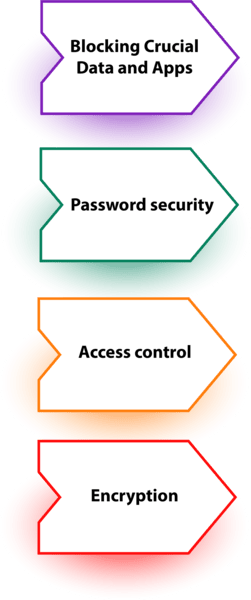
SAP Security’s primary aim is Blocking Crucial Data and Apps as well as safeguarding sensitive information against illegal use or harm.
Furthermore, this service ensures measures are in place for data and system protection in order to detect threats in time.
Password Security is one of the core aspects of SAP Security. Passwords should only allow users access, with frequent changes taken place to decrease any chances of illegal gaining entry or sharing credentials with any unwelcome parties.
It’s vitally important that credentials don’t get shared among themselves!
Access Control allows us to specify who may gain entry to particular systems, applications or data and when any updates can take effect. It helps determine who has authority over certain system components to change them as necessary.
Encryption is another key element, used to protect confidential data from view by unintended parties and safeguard both personal information and stored data from being exposed by prying eyes.
Furthermore, encryption helps stop people accessing or misusing intercepted information by stopping individuals from viewing it directly or misusing intercepted intercepts in some way.
Firewalls are used to detect and stop potential threats that could gain entry to networks, including monitoring network traffic entering and leaving, restricting web access for certain users or systems, providing malware defense against virus attacks as well as provide defense from possible future intrusion attempts.
SAP Security also closely collaborates with other safeguards, including intrusion detection systems (IDS) and audit logs, for enhanced safety measures.
Audit logs track user activity to detect attempts at accessing confidential data while an IDS aids in recognizing suspicious activities or potential threats.
Benefits of SAP Security
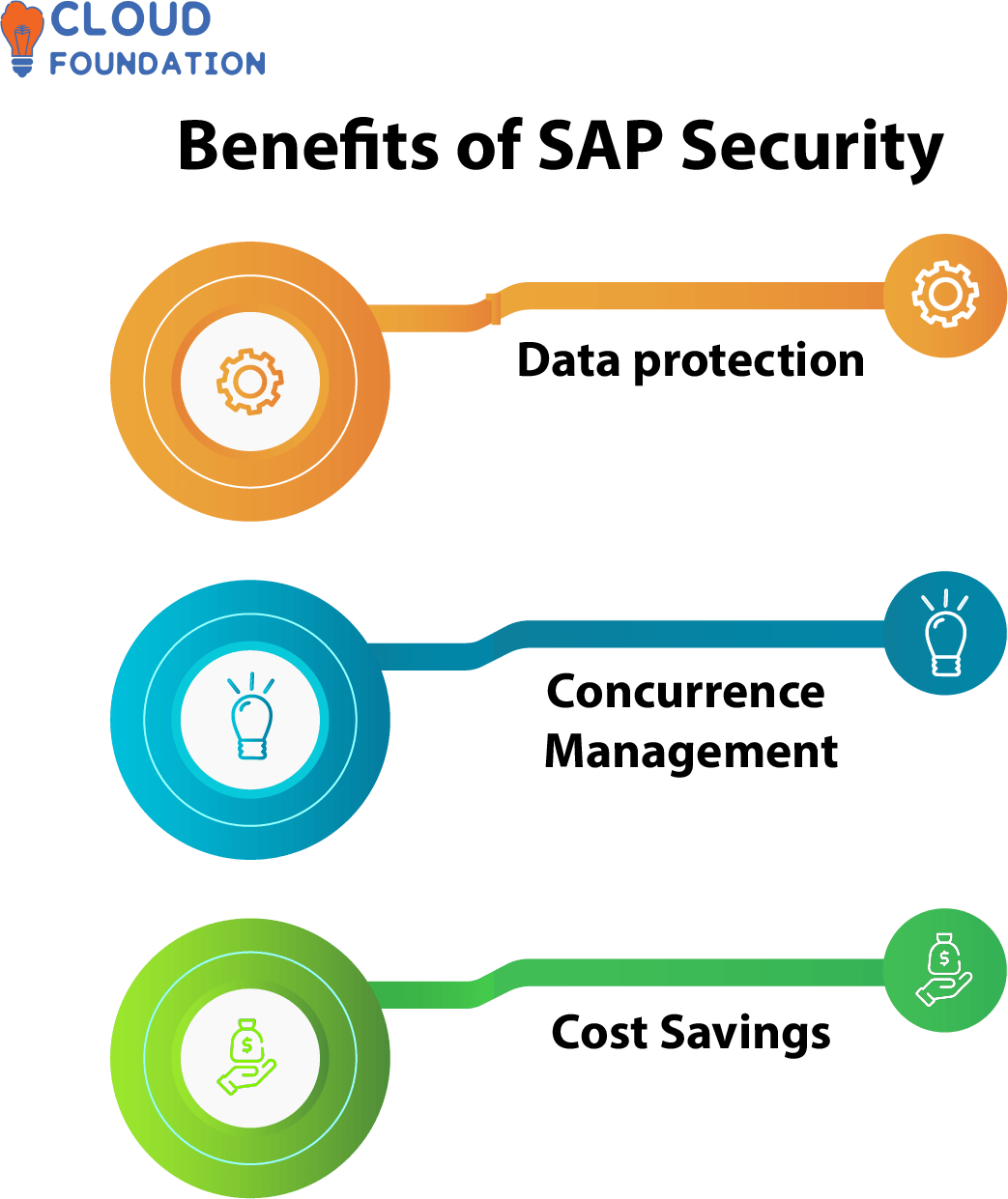
Data protection: SAP Security’s role-based access control feature helps keep sensitive information safe from unapproved users by only permitting approved workers into the system, thus helping prevent harmful activity and decreasing data breaches.
Concurrence Management: SAP Security makes complying with industry rules and concurrence procedures simpler for companies by creating an organization-wide security structure, guaranteeing they can use their enterprise system while staying compliant with legal norms and industry norms.
Cost Savings: SAP Security helps businesses reduce expenses related to potential data breaches by controlling security costs by protecting systems from harmful activity.

SAP Security Training

Sap Security Training Videos
Businesses must hire additional SAP security specialists as the pace of digital transformation accelerates in order to guarantee they have adequate protection measures in place and an experienced SAP security staff.

Job opportunities within SAP Security can be found everywhere, among the more sought professions are Consultant, Architect and Analyst positions.
Additional services that SAP security consultants provide include developing strategies and techniques to prevent data breaches as well as offering advice about best practices for SAP security.
A knowledgeable SAP Security Consultant must possess in-depth knowledge about relevant SAP technologies, processes, industry best practices, security frameworks and policies due to the complex nature of IT and systems involved.
Their experts should possess extensive expertise and experience in creating safe infrastructures within SAP applications, evaluating security risks related to SAP apps, as well as offering advice to enhance system security.
SAP Security Analysts must assess the security of SAP systems to identify threats and vulnerabilities and suggest corrective actions to lower these risks.
This position requires knowledge of SAP security concepts, hazards, best practices, as well as IT and data protection technologies.
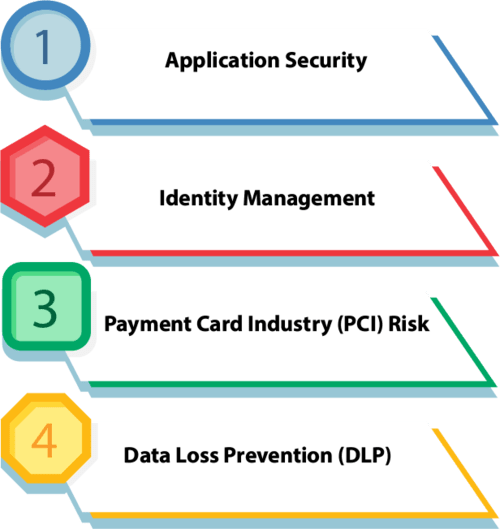
People familiar with SAP security services may find opportunities in business-specific fields, including Application Security, Identity Management, Payment Card Industry (PCI) Risk & and Data Loss Prevention (DLP).These positions allow professionals to specialize in specific SAP functional areas while creating secure SAP environments & architectures.
SAP Security Engineers are in high demand as part of an enterprise’s cybersecurity.
Prerequisites of SAP Security
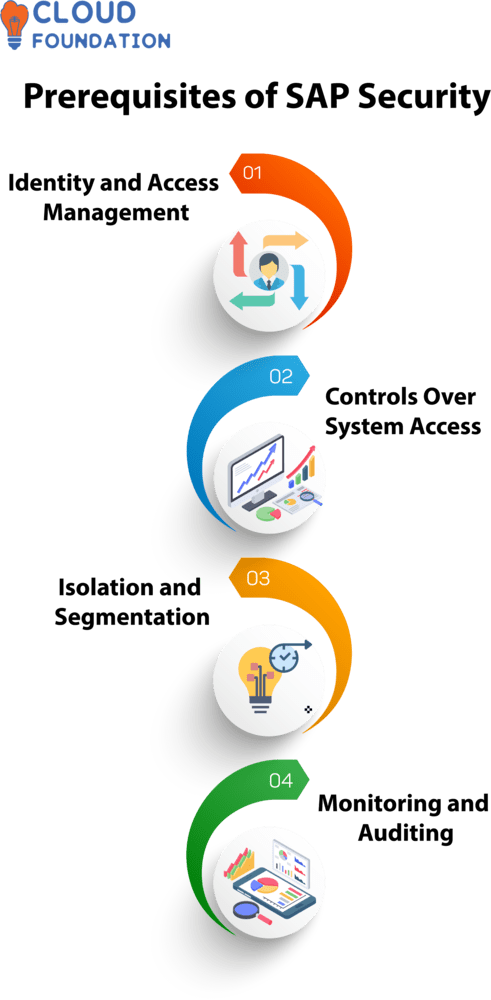
Identity and Access Management: IAM or Identity and Access Management is another essential aspect of SAP security planning, helping ensure only people with appropriate permissions have access to sensitive data.
Controls Over System Access: Unauthorized users do not gain entry to SAP through system access controls that prevent their use, including user activity monitoring, multi-factor authentication, system hardening and robust password security measures.
Isolation and Segmentation: Segmentation and Isolation are integral in ensuring only SAP system users have access to sensitive parts. Segregation involves segmenting the system into distinct regions that can only be accessed with appropriate authorization, to maximize isolation, access must only be restricted for those areas required for each user role on your SAP system.
Monitoring and Auditing: Auditing and Monitoring are fundamental aspects of SAP security, with audit logs tracking user activity to verify with security regulations while user activity itself can then be reviewed through audit logs to detect security flaws. Monitoring systems may also be installed to look out for unusual behaviors that indicate possible breaches in security.

SAP Security Online Training

How to learn SAP Security?
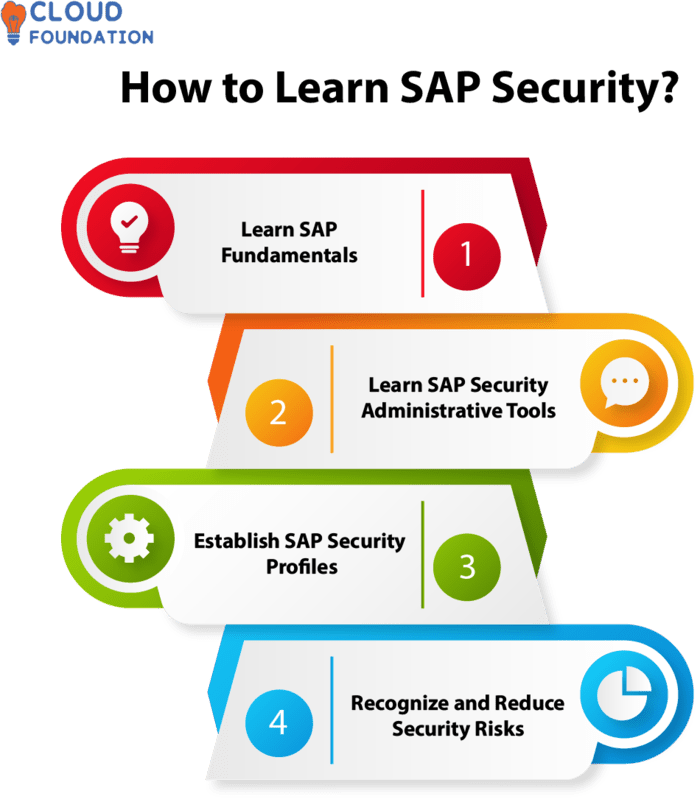
Learn SAP Fundamentals – To master SAP security, familiarizing oneself with its architecture, modules and ERP (Enterprise Resource Planning) system are necessary components.
Furthermore, familiarity should also include learning about its GUI (Graphical User Interface). Understanding Controlling User’s and System Administrator responsibilities when creating security profiles are equally as crucial steps.
Learn SAP Security Administrative Tools – Familiarization is of utmost importance in terms of SAP Security tools. Study Audit Logs, BSP Rules, Authorization Object Maintenance (AOM), SAP Security Profiles as well as user groups, roles and security profiles before moving ahead in your SAP journey.
Establish SAP Security Profiles-Once familiar with SAP fundamentals, you may set up security profiles. As part of this step, users with their respective user-defined roles are created. Next step would be allocating menus, transactions and authorizations based on user access privileges.
Recognize and Reduce Security Risks – It is key that systems identify any security weaknesses within them, take measures to address them, and implement prevention plans as quickly as possible.
Authentication methods must include access control and password authentication systems which protect all credentials used. Detect any unauthorized access into an SAP system promptly while conducting regular security audits to monitor its safety regularly.
As part of maintaining a secure system, keeping up-to-date on new features and functions is critical once you understand all four processes necessary for mastering SAP security.
Modes of Learning SAP Security
Do you want to increase your SAP Security knowledge?
Have you considered all possible ways?
Learning about the various modes available is challenging but essential, choosing which strategy best meets your learning goals may prove to be daunting with so many potential approaches available .
There will surely be one that best meets your individual requirements, regardless of whether or not you already possess knowledge in this subject matter.

CloudFoundation providesOnline Trainingand Self-Paced Learning allows you to study quickly and effortlessly while being able to refer back anytime needed!
An effective approach for learning SAP security can be achieved via enrolling in an Online Learning course through CloudFoundation, where an experienced instructor can lead you step by step through course content and impart necessary concepts step-by-step.
Here, both theoretical and practical information will be explored, giving learners an opportunity to put what they have learned into action during real situations.
Now let’s discuss about Self-Paced Learning. This mode of training has quickly become the go-to method of instruction for various forms of SAP security learning, from self-service certification exams to practical skills development programs.
Self-learning allows you to take complete charge over your learning success, all it requires to get underway is accessing an Internet connection, then you could undertake practical training programs designed to hone your abilities further.
When used effectively and responsibly it’s an incredible way into SAP security!
Benefits of Online Training

Online training has quickly grown in popularity due to advances in technology that enable greater Access to More Information quickly and efficiently.
Individuals can leverage it as a convenient learning solution that fits seamlessly into busy lifestyles or those unable to access physical classrooms, as well as offering significant cost-cutting advantages for businesses or organizations seeking ways to reduce educational expenses.
Learners can Access Materials and engage in discussions independently form anywhere, giving them more autonomy in learning independently than in traditional classroom settings.
Online training courses also boast considerable Cost-Efficiency. As there are no materials associated with traditional education methods, courses tend to be significantly cheaper. This makes online education attractive options for businesses seeking ways to cover conventional training costs or looking for cost-cutting alternatives.
It can also provide an effective means of expanding existing knowledge or professional abilities. With convenient 24/7 Access and quick course enrollment processes available online courses are a fast way for individuals to quickly deepen their understanding on various subjects.
Job Opportunities in SAP Security
SAP protects enterprise applications used by corporations, governments and other organizations for running their operations effectively, protecting these apps is vitally important to protectdata and systems properly within organizations like these, so taking this field seriously must always be prioritized.
Technical and management positions exist within SAP Security System Administrator, IT Security Specialist and Security Systems Analyst roles, with these professionals’ responsibilities including planning, developing and implementing SAP system security, creating policies, implementing controls and configuring systems as well as troubleshooting programs and user accounts.

SAP Security Consultants specialize in designing, developing and maintaining secure systems while developing and enforcing security strategies.
SAP Security Analysts uncover potential security threats through reviewing system logs and trends, while Security Managers design SAP protocols. Security Architects may even specialize in this aspect.
Engineers design secure systems while Administrators enforce protocols while IT professionals configure, install and update patches as well as security settings.

SAP Security Course Price


Ankita
Author